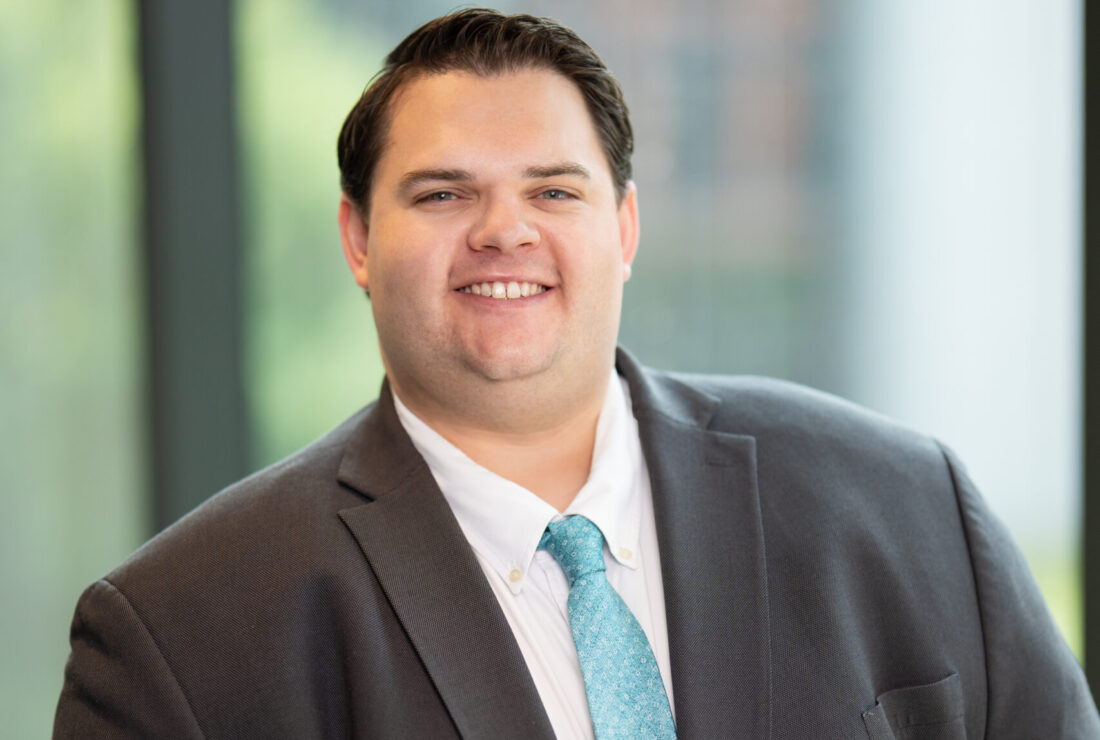Reed Howard
CHIEF STRATEGY & PUBLIC AFFAIRS OFFICER

Reed is the Chief Strategy and Public Affairs Officer at Future Caucus, the largest nonpartisan organization of young lawmakers in the United States. Future Caucus works with over 1,900 Millennial and Gen Z elected leaders in Congress and state legislatures to bridge divides, collaborate on future-oriented policy, and scale a healthy culture of democracy.
Reed worked in the Virginia Senate, and his experience spans local, state, and presidential campaigns. At 20, he was elected to local office, where he learned firsthand the importance of empowering young leaders to bring bold ideas to public service.
He is a 2025 Democracy Practitioner Fellow at the University of Virginia’s Karsh Institute of Democracy and a member of the American Enterprise Institute’s Millennial Leadership Network.
His insights on democracy, effective governance, and politics have been featured on NPR, The Atlanta Journal-Constitution, The Hill, The Richmond Times-Dispatch, and other publications. He has delivered talks on these subjects at the Aspen Institute, South By Southwest, Harvard University, George Washington University, the Center for the Study of the Presidency and Congress, and the American Democracy Summit.
Beyond politics, Reed is a United Methodist minister at Georgetown University and lives with a Buddhist monk, a Muslim imam, a Jewish rabbi, Jesuit priests, and 400 college freshmen. Each week, he bakes cookies and brings people together to discuss everything from life’s big questions to pop culture. Through the Aspen Institute’s “Weave: The Social Fabric Project,” he shares lessons from this experience on building trust and bridging divides, guided by the belief that real change takes time, but it always starts with relationships.
Reed has a Master of Divinity with a focus on ethics and moral leadership from Emory University and a Bachelor of Science in Culture and Politics from Georgetown University.






Join 1,900+ BIPARTISAN LEADERS NATIONWIDE
Be a part of a network of lawmakers committed to governing effectively, passing more representative public policy, and increasing public trust in democracy.